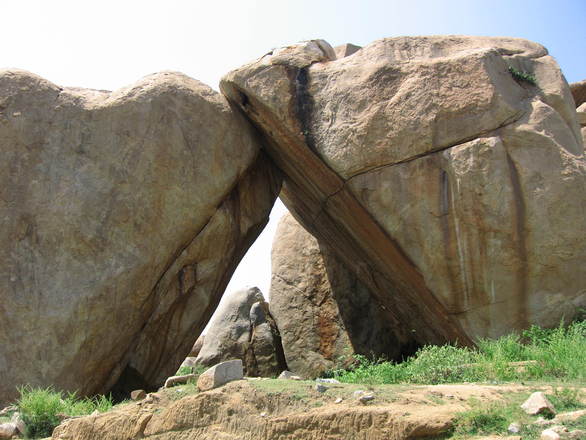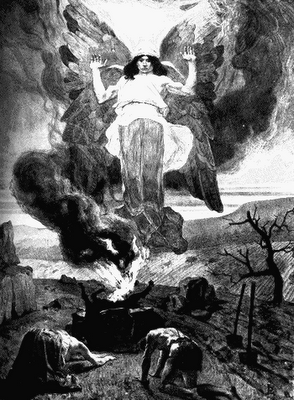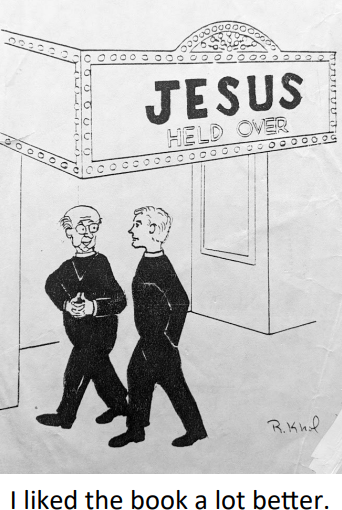He was clothed with a robe dipped in blood,
and His name is called The Word of God.
Revelation 19:13
Ask any Sunday school child, and unless he has Attention Deficit Disorder, he should be able to tell you that the Bible is the Word of God. The phrase is well understood and the New Testament uses the term thirty-six times to refer to scripture.
Fewer folks know that the book of Revelation also gives Christ this title just before describing the great battle of Armageddon. And yet there is no contradiction between these two uses of the phrase. In one sense, they are two forms of the same thing.
The Bible is the written Word of God. It was given to reveal the nature and will of God to the world. Its essential message is that since sin separates people from fellowship with their Creator, God needs to provide a way for them back to Himself. Jesus is seen throughout Holy Writ as the source of salvation, redeeming men and women from judgment. In story, symbol, and illustration, the Lord Jesus Christ is presented over and over again. Even Old Testament law was given to be a tutor to bring people to Christ so that they might be justified by faith (Galatians 3:24).
The Lord Jesus is the living Word of God. He is the whole revelation of God in bodily form. When the elements of the world finally melt away on Judgment Day, there will be no need to preserve the Bible in scrolls, books, or on computer chips. The Word of God will always be alive and well, dwelling among the redeemed of earth in heaven.
July 8









